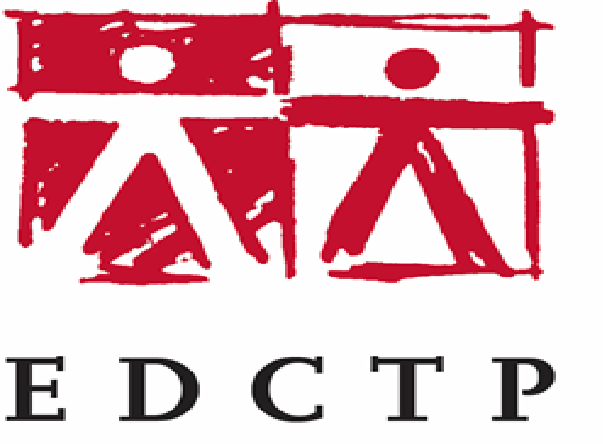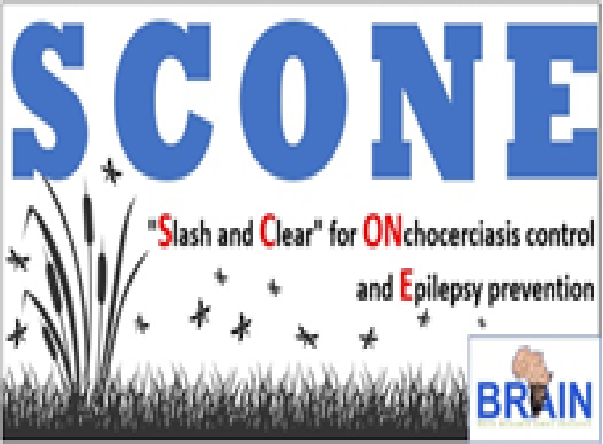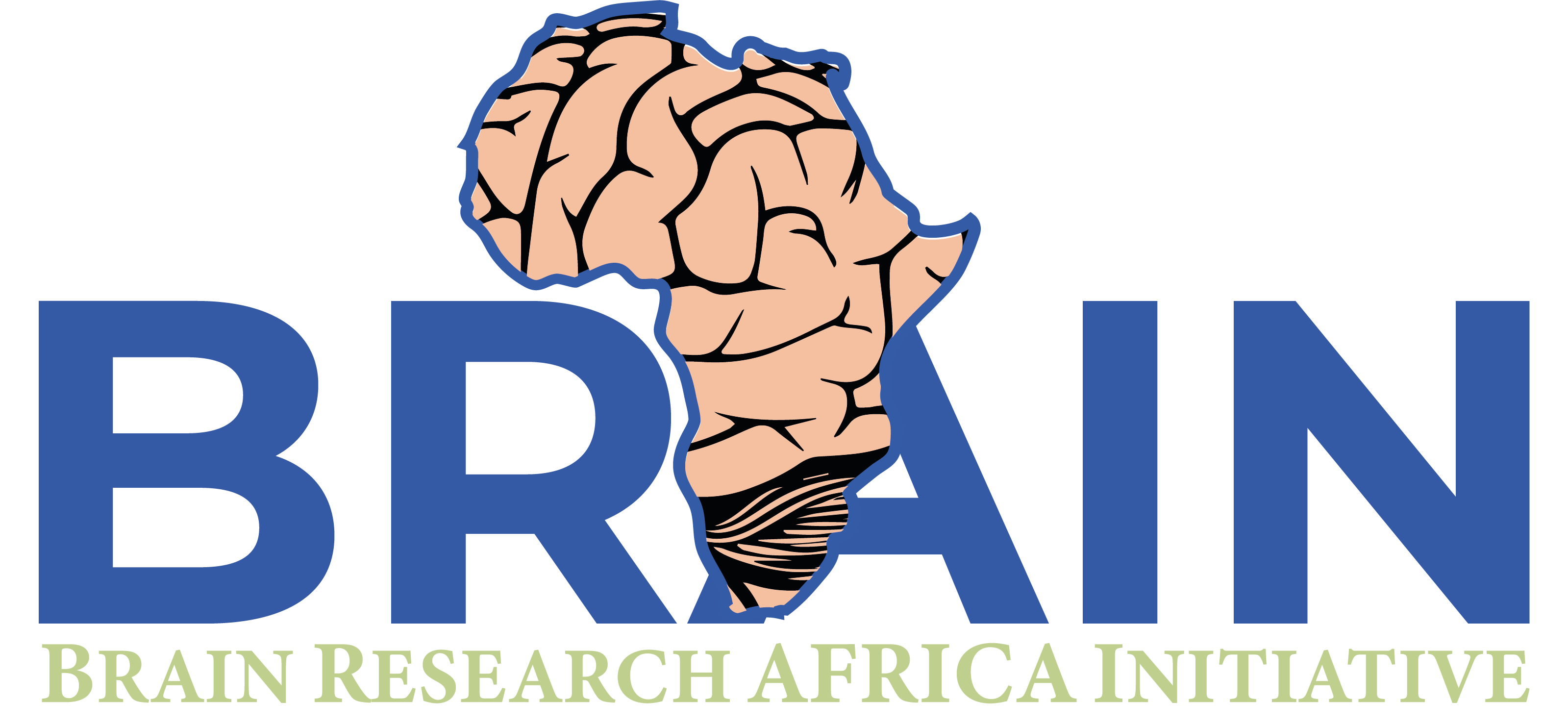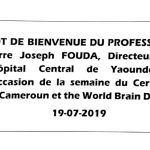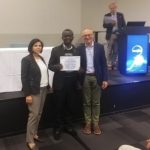Slash and Clear for ONchocerciasis control and Epilepsy prevention (SCONE) in Cameroonian villages.
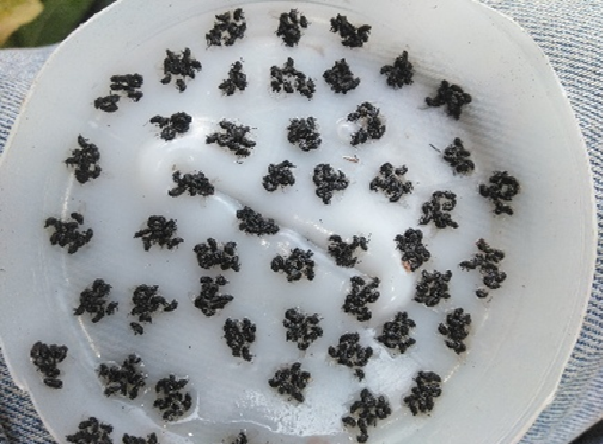
During this first year of the project, we were able to identify specific sites along the Sanaga river where these blackflies breed and multiply, and we measured the biting rates (number of blackfly bites per person) every month to have an idea of the transmission patterns in some Cameroonian villages. We also conducted community surveys to document the baseline situation of onchocerciasis and epilepsy in the study villages.
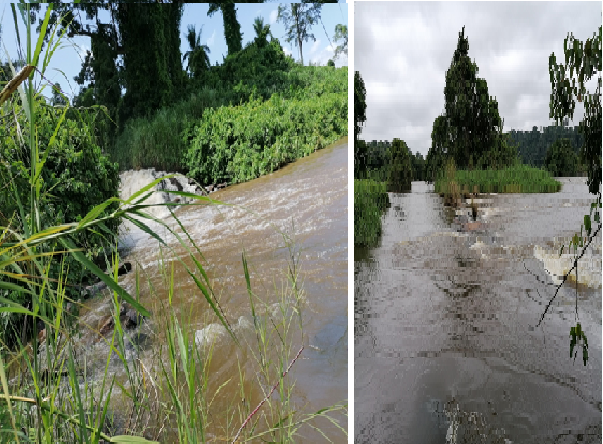
Finally, we conducted focus group discussions in these villages which showed that the communities are enthusiastic about this new “Slash and Clear” approach and they cannot wait to implement it as the project progresses. The impact of the action so far is that the village residents have been prepared to implement a community-based strategy for blackfly reduction, which has given them hope that the pain, nuisance, and disease caused by this insect will soon be a problem of the past.
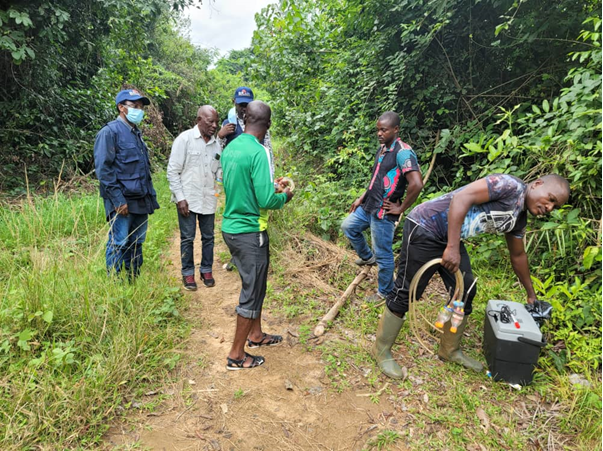
We also sensitized them to strictly adhere to the community-directed treatment with ivermectin (CDTI) annual campaigns in view of the presence of the onchocerciasis parasite in several samples which we obtained from the villages. This is expected to increase ivermectin coverage during the forthcoming CDTI rounds, thereby accelerating onchocerciasis elimination prospects. We look forward to implementing the “Slash and Clear” intervention proper during Year 2 of the project, and evaluating its impact thereafter.
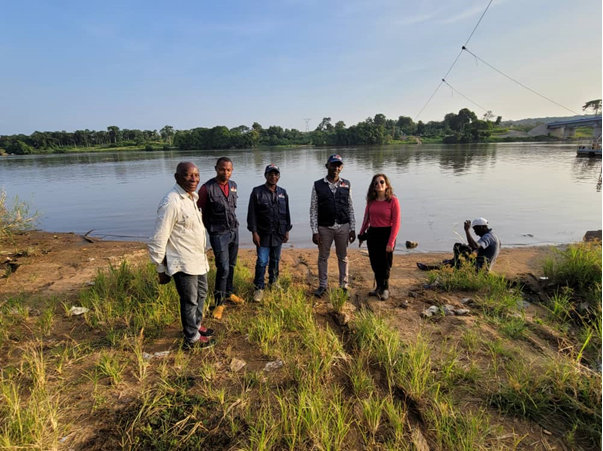
This project is part of the EDCTP2 programme supported by the European Union (grant number TMA2020CDF-3152-SCONE)
